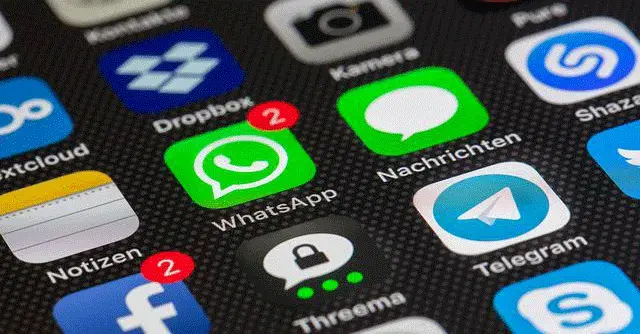ArdorComm Media Bureau
September 24, 2022
Due to the federal government’s proposal to broaden the definition of telecommunication providers to include over-the-top (OTT) communication providers, internet-based communication providers, and broadcasting providers in the draft telecom bill, social media apps like WhatsApp, Signal, and Telegram may need licences to operate in India.
Due to telecom service providers’ insistence that the same rules apply to similar services, industry experts warned that the new definition might spark a controversy. Additionally, the OTT communication providers suppliers may need to share income with the federal government as licenced entities.
Considering that telecom providers argue for the same-service, same laws, or even the necessity of data localization, there is uncertainty about what the licence would entail. Smaller, independent apps that are not as popular as WhatsApp may face difficulties as a result and perhaps leave India, according to Apar Gupta, executive director of the Internet Freedom Foundation.
According to him, since WhatsApp, Signal, Telegram, and other OTT communication services are included in the definition of telecom services in the draft bill, they may be subject to a licencing system.
According to Rohan Dhamija, managing partner for India and the Middle East at Analysys Mason, “OTT communication services being included in the ambit of telecom indicates licensing, licence fee, and share of revenue from AGR (adjusted gross revenue) with the government could be in the works.”
Some experts asserted that the apps might also be subject to regulation by the Telecom Regulatory Authority of India (TRAI), the autonomous body in charge of overseeing the sector. However, others objected, arguing that such apps were already covered by the IT intermediary rules issued in 2021.
Dhamija continued, “Potentially, Trai could come into the picture again for regulating such service providers or apps.” The Trai Act gives it the authority to control telecom services, including cable and broadcasting.
In order to establish a regulatory framework for OTT apps that allowed voice or data transmission, Trai issued a consultation paper in 2018. But after consulting with stakeholders in September 2020, it opted against moving forward with any regulations. It had, however, stated that it might revisit the decision in the future.
However, it is still early in the process, according to Arun Prabhu, partner and head of the telecom, media, and technology practise at law firm Cyril Amarchand Mangaldas. “The way things appear, there may possibly be a licencing regime (or regulations by Trai or DoT) for these services, but it is still early days,” he added.
In addition to in-flight, maritime, broadcasting, internet, and broadband services, the government has expanded the scope of telecom services by incorporating OTT, internet-based, and satellite-based communication services. The government stated in the explanatory note that was included with the bill that, “The new definitions are comprehensive and relevant to present day realities.”


